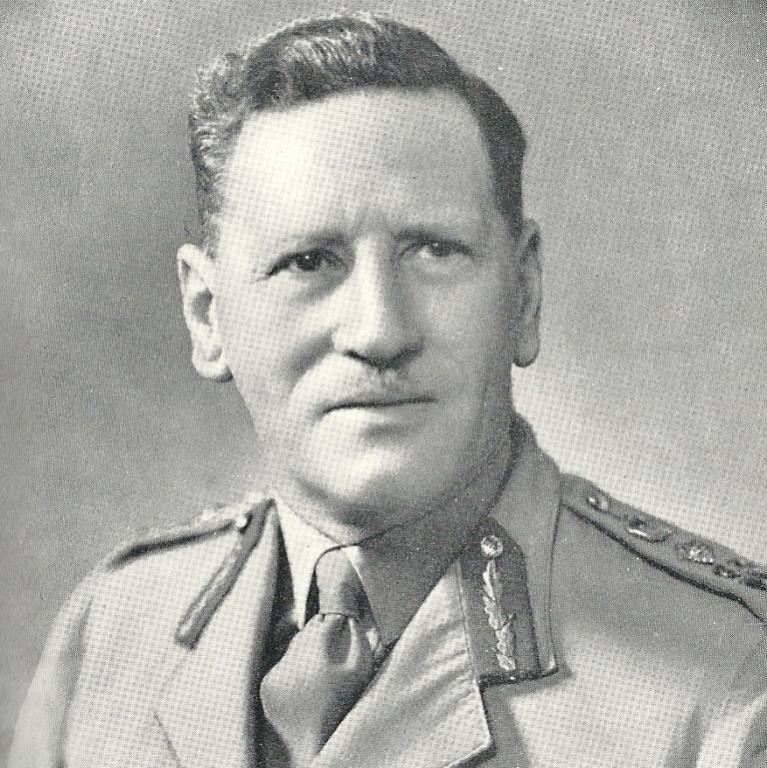Excerpts from "The Tempest in a Teapot: A History of Conflict in and around the Black Sea". B. Rawlinson and S. Maryevych. University of Melbourne Press, 2017.
THE end of the Marmara Crisis was, in a surprise to many, a triumph of Italian diplomacy.
In Italy, the situation with Turkey had even drawn the ire of Mussolini, who had thus far distanced himself from the negotiations, bored by and unconcerned with the finer details. It was time to resolve the situation once and for all, in the eyes of the frustrated Duce.
The ships, rafted together to prevent the sinking of the substantially incomplete and barely seaworthy Sovetskaya Ukrainiya were not allowed to pass through the strait together, as the 1936 Montreux Convention granted Turkey the right to restrict the passage of foreign military vessels through the Strait. As such, the Turks prohibited more than one capital ship from transiting the Strait at any one time. This put Sovetskaya Ukrainiya in real danger of sinking, or worse- sabotage or an attack by the Pact of Steel seeking out easy pickings. Unsubstantiated rumors that the Turks had secret torpedo batteries on their banks did nothing to help ease the tension.
Stalin's response was a matter of grave concern as well- Ciano feared, above all, that Stalin would make threats to Turkey, leaving the Turks unfavourably disposed to the Soviet Union. Worse, there was the fear that Stalin may interpret the Turks' actions as favouring the Pact of Steel, which may have escalated as far as sanctions or embargoes, if not an outright declaration of war.
Since Italy needed the Soviets and the Turks to co-operate at least long enough to transfer the vessels, Count Ciano was dispatched to Ankara to mediate the dispute.
He took a conciliatory approach- he stressed that neither the Turks nor the Soviets were wrong in their arguments- in fact, they were both right.
Ciano conceded that the Turks did indeed have full sovereignty over the Strait, and as such, could restrict military vessels from passing through it. Ciano also conceded that it would be unwise for the Turks to abrogate sovereignty over the Strait to prevent such crises from arising again.
Ciano also supported the Soviet position that, as she was, Sovetskaya Ukrainiya was not an operational naval vessel. In fact, as it was, she was little more than her three keels, some hull plating, a basic superstructure, and a single engine and rudder. She was not a commissioned Soviet naval vessel, and would require years of work to be one. She carried no armament either. It was not a case of a temporary decommissioning or other such trickery to get around the Convention; she was simply too incomplete to be a threat. In any case, when the time came for the two vessels to re-enter the Black Sea, there would be no reason why they would not do so separately rather than together.
As such, Ciano argued, the treaty would not be abrogated by allowing Sovetskaya Ukrainiya to pass through the Strait, as she was so far from completion that she would not count as a capital ship, but an incomplete hulk being transferred for completion. An exception would thus not be required, since the no violation existed.
Ciano also proposed an alternative, ostensibly to placate the Turks. He suggested that if the Turks required that the vessels pass separately, that Sovetskaya Rossiya do so first, as she was in greater danger of sabotage. In the meantime, the Turks, at their own expense, would arrange an insurance policy for Sovetskaya Ukrainiya to quell Soviet concerns. If something were to happen to her, it would only be fair that the Turkish state compensate both the Soviets for the loss of their ship and the Italians for the loss of their contract, and as such, make both parties whole on their losses either through cash payments or trade concessions in lieu.
Naturally, the first option would be preferable, so, to sweeten the deal, Ciano suggested that the Turks would not be out of line to levy a fee for allowing a capital ship to pass with an additional hulk rafted to it- a fee that Italy would pay for the Soviets as a gesture of goodwill- but, of course, the fee would be far lower than the gains the Italians would receive for the work to be done.
After two tense days' deliberation, Turkish President Ismet Inonu gave his assent to allow the both Soviet ships to pass into the Sea of Marmara together. Sovetskaya Ukrainiya was deemed a "project vessel" rather than a capital ship, hence there was no abrogation of the Convention. As such a large, barely mobile vessel rafted to another one constituted a "navigational hazard", an undisclosed fee was levied on the Soviet Union for the passage of the vessels; Italy agreed to cover the fee levied on the Soviets.
As such, Turkey would retain her neutrality, and neither the Soviets nor the Turks escalated any disagreements they had with each other, although relations remained acrimonious.
